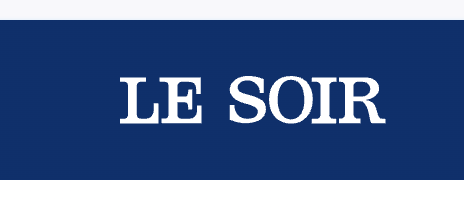
Amélie Beauchemin was interviewed about the French dual nationals known as ‘Roméos’ who work for private military companies in the Democratic Republic of the Congo.
In response to the question of whether they could be prosecuted for mercenary activities in France, Amélie Beauchemin pointed out that this offence requires several conditions to be met, in particular that the perpetrator is a French national (dual nationality with the belligerent state precluding the characterisation of the offence), that they have obtained personal enrichment through remuneration higher than that of the local army soldiers and that they have actively participated in combat. The penalty incurred is five years’ imprisonment and a fine of 75,000 euros.
Amélie Beauchemin emphasised the fine line between the work of a private military company and mercenary activities. The legality of a private military company depends on the existence of a clear, controlled and verifiable legal framework, and excludes any payment in cash.
She also pointed out that French legislation on mercenary activities is particularly restrictive. The fact that the ‘Roméos’ took part in artillery fire is not enough to qualify them as mercenaries. It must also be proven, in accordance with article 436-1 of the penal code, that they were specially recruited to fight in an armed conflict, an element that can be deduced from their employment contract or from their knowledge, upon their arrival, of active participation in the fighting.
Finally, with regard to the allegations of funding and collaboration of the ‘Roméos’ with local militias accused of war crimes, such as the Wazalendo, Amélie Beauchemin stated that another charge is possible, that of complicity in a war crime.